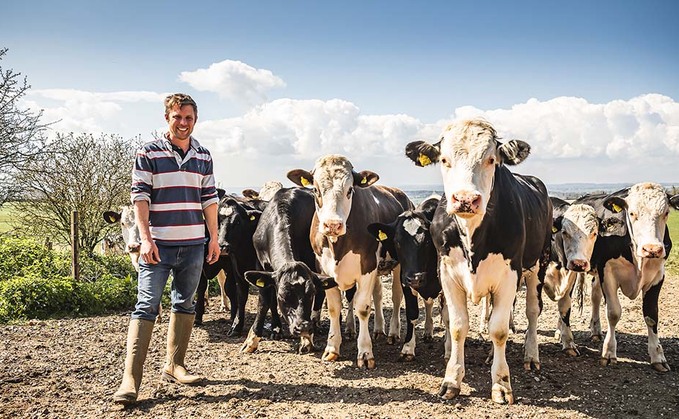
Cull cows and retired nanny goats may not seem like a lucrative business to some, but Coombe Farm Organic has turned them into sell-out products. But how have they built a business selling hundreds of...

Cull cows and retired nanny goats may not seem like a lucrative business to some, but Coombe Farm Organic has turned them into sell-out products. But how have they built a business selling hundreds of...